Ensuring that employees are paid accurately and on time is one of the most critical functions of any organization. However, payroll isn’t just the responsibility of the payroll department—Human Resources (HR) plays a vital role in supporting payroll processes.
How does HR support payroll? By managing accurate employee records, tracking time-off and attendance, ensuring compliance with labor laws, and facilitating smooth onboarding and offboarding, HR works hand-in-hand with payroll to maintain financial accuracy and boost employee satisfaction. The collaboration between these departments is essential for running a reliable and compliant payroll system.
According to reports, businesses report that HR and payroll collaboration has a direct impact on employee satisfaction and productivity. Effective collaboration between these departments ensures the accuracy of payroll, helping avoid costly errors and enhancing the overall employee experience.
In this article, we’ll explore the intricate relationship between HR and payroll, how HR supports payroll, the challenges faced, and ways to improve collaboration between these two essential functions.

The Relationship Between HR and Payroll
HR and payroll departments often work together to ensure that employees are paid correctly and on time, but their roles are distinctly different. While HR handles recruitment, employee benefits, performance evaluations, and legal compliance, payroll is responsible for processing salaries, bonuses, tax with holdings, and other financial aspects related to employee compensation.
The Society for Human Resource Management (SHRM) notes that HR functions should be “connected with payroll at every stage of the employee lifecycle,” from hiring to exit, because any error in employee records could result in costly payroll discrepancies. The right connection ensures smoother workflows between the two departments.
However, the line between the two departments is often blurry, especially when it comes to managing employee data, time-off requests, and benefits information.
By working closely together, HR and payroll ensure that all relevant employee data is communicated accurately and efficiently, avoiding potential discrepancies and compliance issues.

How Does HR and Payroll Differ?
While HR and payroll collaborate closely, their functions are distinct. HR focuses on managing employees’ day-to-day experiences and ensuring that the workforce is aligned with company policies, including recruitment, training, performance management, and benefits. Payroll, on the other hand, focuses specifically on the financial side of things – calculating and distributing pay, managing tax deductions, and ensuring legal compliance regarding employee compensation.
HR ensures that payroll has accurate employee information such as pay rates, benefits elections, and time-off records, while payroll ensures that employees are compensated accurately, with all necessary deductions. In other words, HR provides the foundation of employee data, and payroll ensures that it is reflected financially.
How HR Supports Payroll
Employee Data Management
Accurate employee data is crucial for payroll to function correctly. HR is responsible for collecting, maintaining, and updating employee records, including job titles, pay rates, tax information, and benefit elections. Any inaccuracies in employee data can lead to payroll errors, such as incorrect deductions or benefits mismanagement. HR ensures that payroll has access to up-to-date information, reducing the chances of mistakes.
A Paycor mentioned on payroll best practices found that data entry errors, such as keeping inaccurate employee hours, can cost businesses millions of dollars every year and can also result in those pesky fines and penalties.

Compliance with Labor Laws
HR plays an essential role in ensuring payroll is compliant with ever-changing labor laws. This includes monitoring changes in tax regulations, minimum wage laws, overtime requirements, and benefits entitlements. By staying informed about legal requirements, HR ensures that payroll is adhering to all applicable laws, avoiding potential fines or legal issues.
According to a study by NGA Human Resources and referenced by Cipp.org.uk , “Respondents from all countries highlighted ‘the protection of personal identifiable data in the payroll process’ as a major challenge.”
Onboarding and Offboarding Employees
HR supports payroll during the onboarding and offboarding processes. When a new employee joins the company, HR ensures that all the necessary paperwork – including tax forms and direct deposit details – is collected and communicated to payroll. For employees who leave the company, HR makes sure the final paycheck is accurate, taking into account unpaid leave, unused vacation days, and any severance or termination pay.
The Harvard Business Review highlights that a streamlined onboarding process not only improves employee experience but also prevents payroll errors by ensuring timely data transfer from HR to payroll.
Time Tracking and Attendance Management
HR ensures accurate time tracking for payroll. From managing employee attendance records to processing leave requests, HR handles the data that payroll needs to calculate regular and overtime pay. HR also communicates information about holidays and sick leave, ensuring that payroll has the correct data to process payments accurately.
According to ADP, poor timekeeping systems can lead to up to 8% payroll errors, underscoring HR’s crucial role in managing accurate time records to keep payroll precise.
Benefits Administration
HR manages employee benefits, including health insurance, retirement plans, and other perks, which directly impact payroll. HR communicates benefit elections and deductions to payroll to ensure that benefits contributions are deducted accurately from employees’ paychecks. Without this collaboration, errors could occur in both benefits administration and payroll.

Employee Classification and Compensation
HR ensures that employees are classified correctly (e.g., full-time, part-time, exempt, or non-exempt) and that their compensation is set according to company policies and industry standards. This includes ensuring that salaried employees receive the correct pay and that hourly employees are paid correctly for any overtime worked. Payroll relies on HR’s classification of employees to calculate compensation correctly.
A Gartner report emphasizes that misclassifying employees is one of the top causes of non-compliance in payroll and can lead to significant fines. Therefore, accurate classification by HR is vital for payroll success.
Payroll Data Communication
HR regularly communicates updates regarding employee pay, bonuses, and other compensation elements to payroll. For example, HR sends payroll the data on any promotions, raises, or changes to employee benefits, ensuring that payroll processes accurate pay for every employee.
As noted by SHRM, clear communication between HR and payroll departments ensures that compensation changes are processed promptly, reducing payroll errors and increasing employee satisfaction.
Resolving Payroll Discrepancies
When employees notice discrepancies in their paychecks, HR is often the first point of contact. HR works with payroll to investigate and resolve the issue, reviewing employee records, time sheets, and tax forms to ensure everything is in order. This ensures that any payroll errors are corrected quickly and efficiently.

How to Improve HR and Payroll Collaboration
Invest in Integrated Software Systems
By using integrated HR and payroll software, businesses can ensure real-time data exchange between departments. This reduces the risk of errors and streamlines communication, making the payroll process more efficient and accurate.
KPMG highlights that integrated payroll systems are among the top priorities for companies aiming to boost productivity and reduce administrative costs.
Regular Communication Between HR and Payroll Teams
Frequent meetings between HR and payroll teams help keep both departments informed and aligned on important issues such as employee changes, bonuses, or adjustments in payroll schedules. Effective communication helps minimize mistakes and ensure smooth payroll processing.
A McKinsey & Company report found that businesses with clear communication between departments reported 20% fewer payroll discrepancies.

Ongoing Training for HR and Payroll Teams
As labor laws and payroll regulations change, it’s crucial for both HR and payroll teams to stay up-to-date. Offering regular training ensures that both departments are aware of the latest legal requirements, compliance issues, and best practices.
Implement Clear Processes for Data Sharing
Having clear, standardized processes for sharing data between HR and payroll ensures that no information is lost or overlooked. A set procedure for updating employee records, benefits elections, and pay rates can help prevent errors and delays.
What Does HR’s Role in Payroll Look Like in Practice?
Real-World Example: The Case of a Growing Tech Startup
A Johannesburg-based tech startup faced growing pains as their employee base expanded. At first, HR and payroll were operating independently, leading to frequent payroll discrepancies and delays. HR handled recruitment, employee benefits, and compliance, but the payroll team was struggling to keep up with the volume of data.
To address this, HR integrated their systems with the payroll team, ensuring that accurate employee data was available in real-time. HR also worked with payroll to streamline the onboarding process, providing all necessary tax and benefits information up front. As a result, the startup saw a marked reduction in payroll errors and increased employee satisfaction, thanks to timely and accurate paychecks.
How Much Do HR and Payroll Services Cost?
In South Africa, the cost of HR and payroll services can vary based on the size of the business and the complexity of its needs. For small to medium-sized companies, HR services may cost between R5,000 and R25,000 per month, while payroll outsourcing typically ranges from R2,000 to R15,000 monthly. These costs can be higher for larger organizations or those with more complex payroll needs.
According to a PwC South Africa payroll report, outsourcing payroll can save up to 18% of operational costs in the first year, allowing businesses to allocate resources elsewhere.

FAQ Section
How does HR ensure that payroll complies with labor laws?
HR stays up to date with changing labor laws and communicates updates to payroll to ensure accurate tax calculations, wage laws, and benefits eligibility.
What happens if HR misses important payroll information?
If HR misses key payroll data, such as employee benefits or tax information, it can result in payroll errors that require time and effort to correct.
Can HR and payroll collaboration impact employee satisfaction?
Yes, effective collaboration ensures timely, accurate paychecks, reducing errors and improving employee satisfaction.
Why is data accuracy so important in HR and payroll?
Accurate data ensures that payroll is processed correctly and complies with labor laws, avoiding fines or errors that could affect employee pay.



No comment